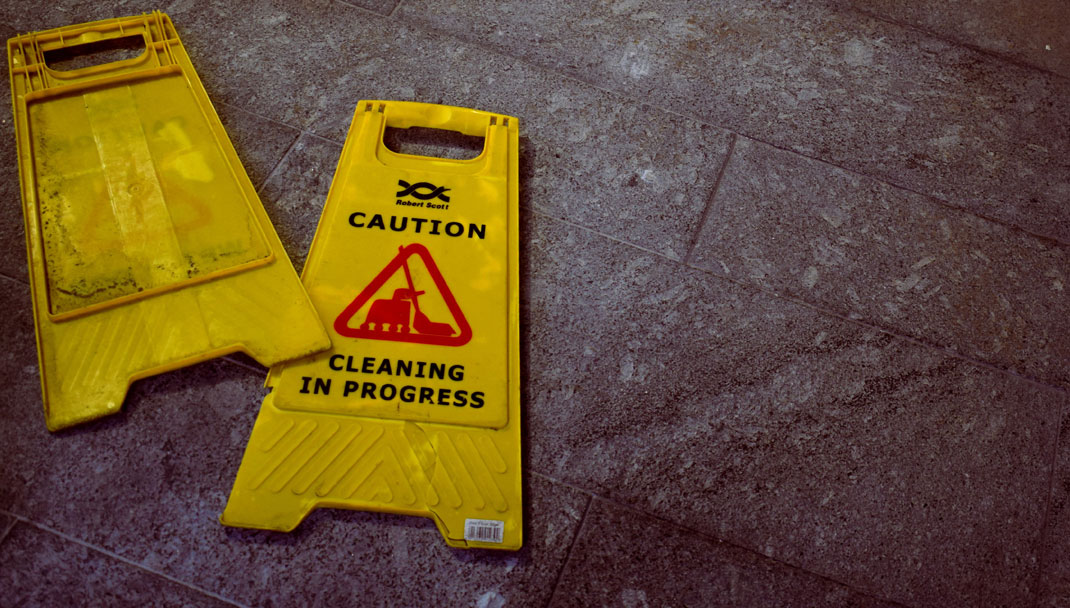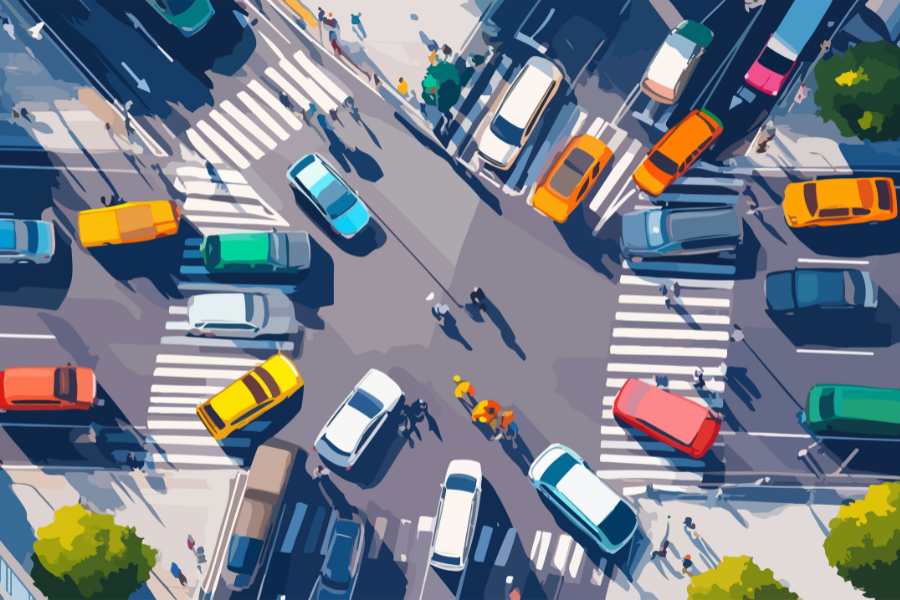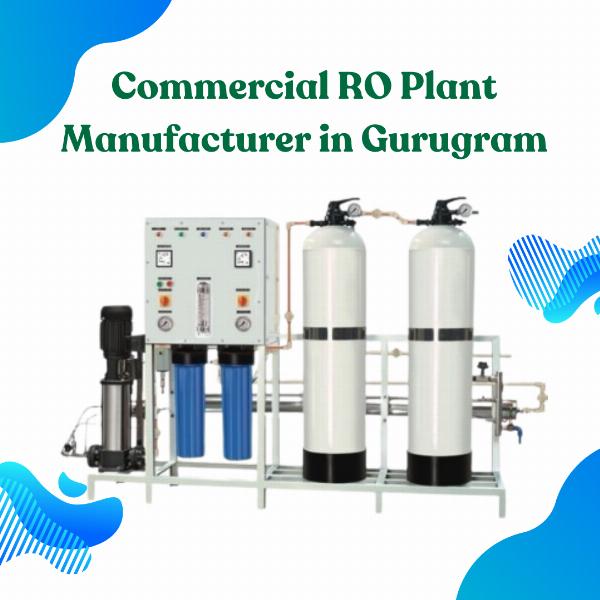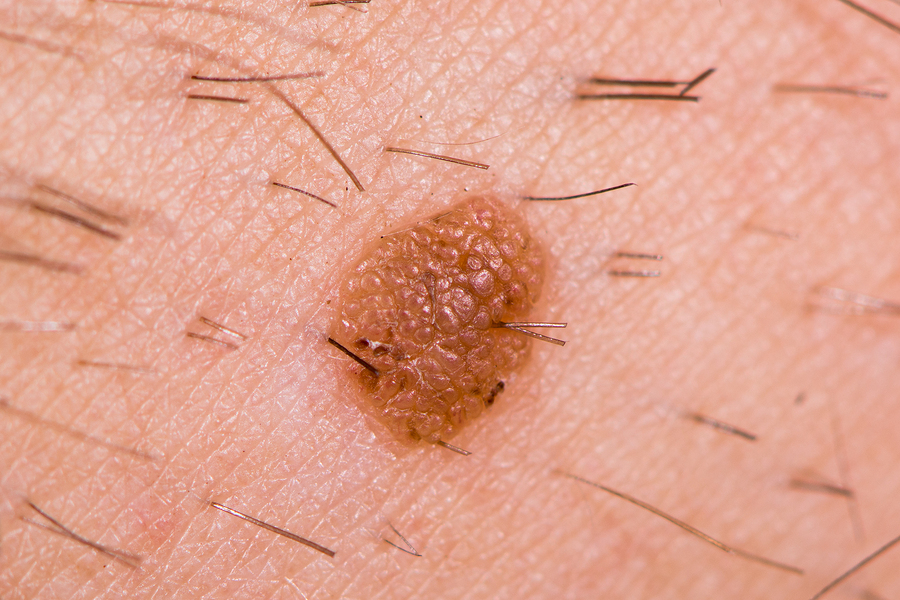MIT researchers invent game-changing product that could revolutionize agriculture: 'You could give back a billion dollars to US growers'
A team of MIT researchers has developed a system that helps agricultural sprays stick to plant leaves, cutting down on polluting runoff and lowering costs for farmers.
Agricultural spraying involves mixing water with chemicals and applying droplets to plant leaves, which are inherently water-repellent, according to a report by MIT News.
After testing a variety of methods to optimize the delivery of pesticides and other sprays, the team ended up coating water droplets with a small amount of oil to help them adhere to the leaves.
"Basically, this oil film acts as a way to trap that droplet on the surface, because oil is very attracted to the surface and sort of holds the water in place," said Simon Rufer, an MIT graduate student and co-author of a study on the topic.
During initial tests, the researchers used soybean oil, figuring that this material would be familiar to farmers, many of whom grow soybeans, the report explained.
However, soybean oil wasn't part of the usual supply chains, so they found that several of the chemicals they were already using could be employed in the same way.
Watch now: How bad is a gas stove for your home's indoor air quality?
"That way, we're not introducing a new chemical or changed chemistries into their field, but they're using things they've known for a long time," said Kripa Varanasi, an MIT professor involved in the project.
Pesticide use has been steadily increasing across the globe, rising 20% over the last decade, and even up to 153% in low-income countries.
The use of this and other types of sprays across the nearly 1.2 billion acres of agricultural land in the U.S. adds up both in terms of quantity and costs. Approximately half a million tons of pesticides, 12 million tons of nitrogen, and four million tons of phosphorus fertilizer are applied to crops across the country.
By using the new system, which is being commercialized by AgZen, a spinoff company created by the researchers, farmers can reduce the amount of spray they need to use on crops.
Do you worry about pesticides in your food?
All the time
Sometimes
Not really
I only eat organic
Click your choice to see results and speak your mind.
"You could give back a billion dollars to U.S. growers if you just saved 6 percent of their pesticide budget," said Vishnu Jayaprakash, lead author of the research paper and CEO of AgZen. "In the lab we got 300 percent of extra product on the plant. So that means we could get orders of magnitude reductions in the amount of pesticides that farmers are spraying."
This adhesive effect also helps reduce agricultural runoff, a leading cause of water quality degradation in rivers and streams. It also helps reduce soil erosion, nutrient loss, and the spread of pesticides into our waterways.
The system, which AgZen calls RealCoverage, has already been deployed across 920,000 acres of farmland and various crop types, saving farmers up to 50% on their pesticide expenditures, the report explained.
The RealCoverage system requires a nozzle that fits most spraying equipment and provides real-time coverage data using its onboard AI, so that it can be fine-tuned, even while in use.
"The knowledge we are gathering from every leaf, combined with our expertise in interfacial science and fluid mechanics, is giving us unparalleled insights into how chemicals are used and developed — and it's clear that we can deliver value across the entire agrochemical supply chain," Varanasi said, per MIT News.
"Our mission is to use these technologies to deliver improved outcomes and reduced costs for the ag industry."
Join our free newsletter for weekly updates on the latest innovations improving our lives and shaping our future, and don't miss this cool list of easy ways to help yourself while helping the planet.













